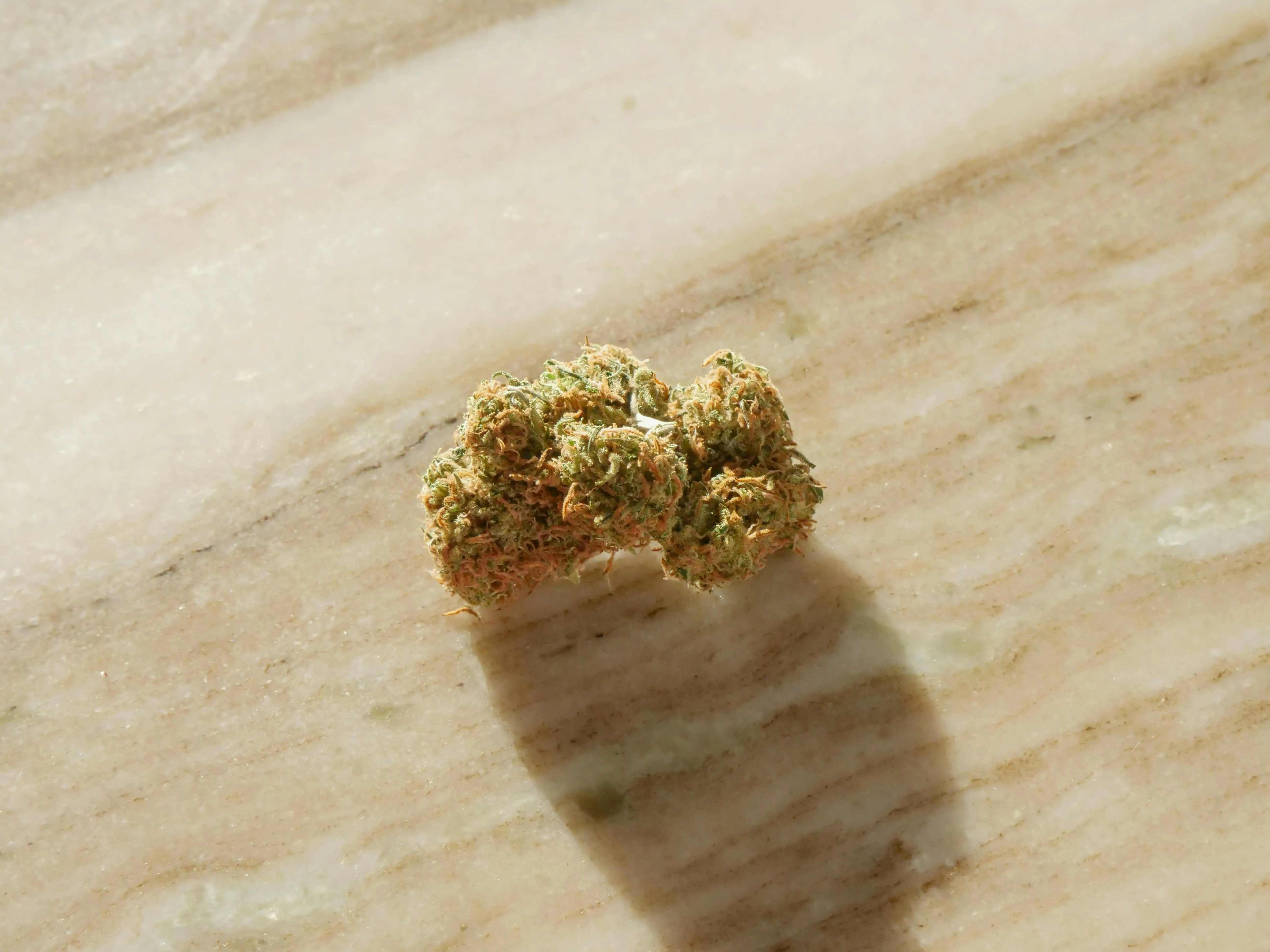Unearth the Pharmacy: Grow Your Own Healing Herbs
Have you ever thought about turning your backyard into a natural pharmacy? Growing medicinal herbs is not only rewarding, but it can also empower you to take control of your health and well-being in a gentle, holistic way. Imagine stepping out your door and plucking fresh rosemary for calming tea, harvesting fragrant lavender to ease anxiety, or drying calendula petals to soothe skin irritations. 
It might sound like something out of a fairytale, but it’s surprisingly achievable! Many common herbs are incredibly easy to grow and possess remarkable healing properties that have been used for centuries.
Getting Started: Your Herbal Oasis
First things first, choose a sunny spot in your garden (most herbs thrive in at least six hours of sunlight daily) with well-drained soil. You can start seeds indoors or purchase seedlings from your local nursery. Remember to research the specific needs of each herb you want to grow – some prefer moist conditions while others need drier soil.
Herbs for Everyday Ailments:
* Chamomile: This gentle flower is a superstar when it comes to calming the nervous system and aiding sleep. Brew a cup of chamomile tea before bedtime to soothe anxiety and promote restful nights.
* Lavender: Not just a delightful scent, lavender’s aroma has been shown to reduce stress and anxiety. Dry lavender buds for sachets or sprinkle a few drops of lavender essential oil on your pillowcase for a calming effect.
* Calendula: This cheerful yellow flower is a natural antiseptic and anti-inflammatory. Calendula salve can soothe minor burns, cuts, scrapes, and even diaper rash.
* Echinacea: Known for boosting the immune system, echinacea tea or tincture can help shorten the duration of colds and flu.
Spice Up Your Life (and Health!)
Many common culinary herbs also pack a punch when it comes to health benefits:
* Rosemary: Improves memory and concentration while adding a delicious savory flavor to your dishes.
* Ginger: Soothes nausea, aids digestion, and helps fight inflammation. Steep fresh ginger in hot water for a warming tea.
* Thyme: A powerful antiseptic, thyme can be used to soothe coughs and sore throats. Add it to soups, stews, or enjoy it as a tea.
Safety First: Always consult with a qualified healthcare professional before using herbs for medicinal purposes, especially if you are pregnant, breastfeeding, taking medication, or have any underlying health conditions. Start slowly with small doses and observe how your body reacts.
Beyond the Garden: Preserving Your Herbal Bounty
Harvesting your herbs is just the beginning! Drying, freezing, or making tinctures and teas allows you to enjoy their benefits throughout the year.
* Drying: Hang herb bundles upside down in a dry, well-ventilated area. Once dried, store them in airtight containers away from direct sunlight.
* Freezing: Freeze fresh herbs in ice cube trays with water or olive oil for convenient use in cooking or teas.
* Tinctures: Steep dried herbs in alcohol to create concentrated extracts that can be taken orally.
Growing your own medicinal herbs is a journey of discovery and connection with nature. It allows you to tap into the ancient wisdom of herbal medicine while nurturing your own health and well-being. So, grab your gardening gloves, sow some seeds, and let your backyard blossom into a vibrant healing haven!